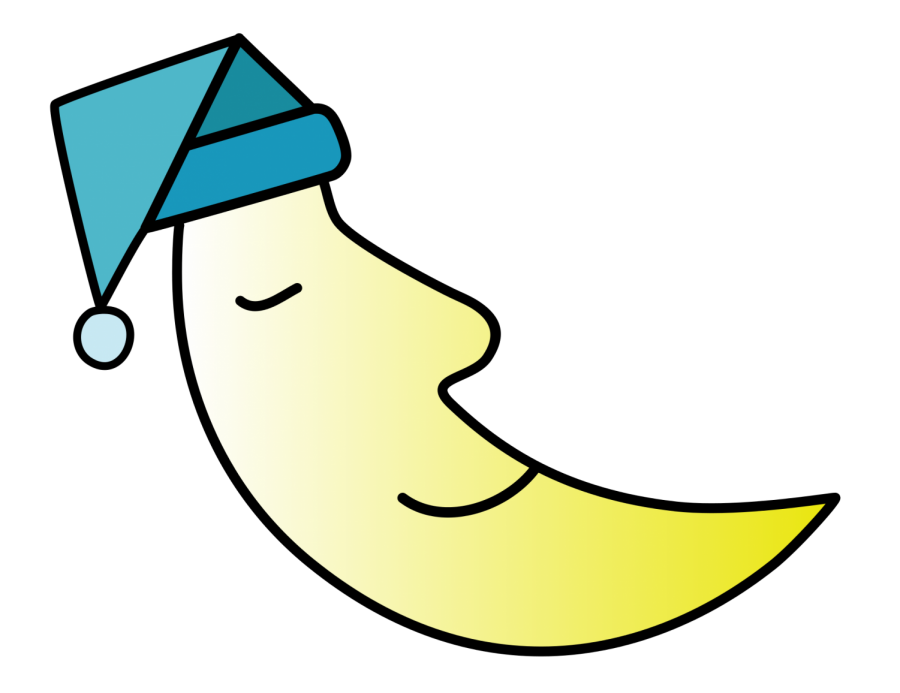Six Steps to sleep better
Six things that are scientifically proven to help you sleep.
The following list of six things will help you sleep better, and are backed up by science. This is not going to tell you to count sheep or drink warm milk. While those things might relax you, they probably will not help you to fall asleep.
One thing that is important to note is the meaning of a sleep wake cycle. “The species-specific biological pattern of alternating sleep and wakefulness, in humans roughly eight hours of nocturnal sleep and 16 hours of daytime activity,” according to dictionary.com.
- Do not nap. When you take a nap, it may seem great at the time, but it makes it harder to fall asleep later in the night. If you have to take a nap, studies show that the naps should never be more than 30 minutes because it will interfere with your sleep wake cycle. If not taken advantage of, a 30 minute nap could reverse hormonal disadvantages in having an irregular sleep schedule. If it is overused, though, it will do more harm than good.
- Loose the Clock. According to Lisa Meltzer, an education scholar for the National Sleep Foundation, stress is one of the main causes of insomnia. If you check your clock every few minutes while trying to fall asleep, it can increase stress because it makes you conscious of how much time you will have to sleep instead of just going to sleep. Loose the clock and just relax!
- Get into a routine. If you go to sleep and wake up about the same time every day, your body will adjust to the sleep wake schedule and you will be able to fall asleep easier. This also can go hand in hand with your homework schedule, your shower schedule, and your eating schedule.
- “4-7-8” method. This is not only going to help you fall asleep but it can also be used as a stress relief method. The following steps are according to Medical Daily and you can learn more about it at
http://www.medicaldaily.com/life-hack-sleep-4-7-8-breathing-exercise-will-supposedly-put-you-sleep-just-60-332122
- Temperature matters (room,pillow, and shower). People with insomnia tend to have a higher core temperature than those without it. Lowering the temperature in your room can lower your core temperature. If you take a warm shower approximately an hour before you go to sleep, it will make your core temperature lower when you step into your bedroom, and will help you fall asleep. If all else fails, flip your pillow over.
- Turn off electronics. The type of light that your computer, phone, or tablet have do not tell your brain to rest. Put down the electronics and read a book instead.



